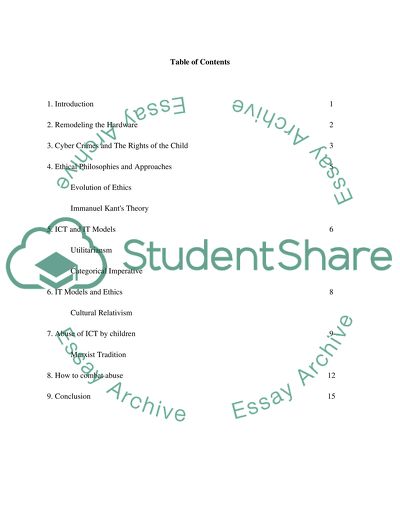Cite this document
(21st Century Children Using or Abused Case Study, n.d.)
21st Century Children Using or Abused Case Study. Retrieved from https://studentshare.org/law/1535680-21st-century-children-using-or-abused-by-ict
21st Century Children Using or Abused Case Study. Retrieved from https://studentshare.org/law/1535680-21st-century-children-using-or-abused-by-ict
(21st Century Children Using or Abused Case Study)
21st Century Children Using or Abused Case Study. https://studentshare.org/law/1535680-21st-century-children-using-or-abused-by-ict.
21st Century Children Using or Abused Case Study. https://studentshare.org/law/1535680-21st-century-children-using-or-abused-by-ict.
“21st Century Children Using or Abused Case Study”. https://studentshare.org/law/1535680-21st-century-children-using-or-abused-by-ict.


